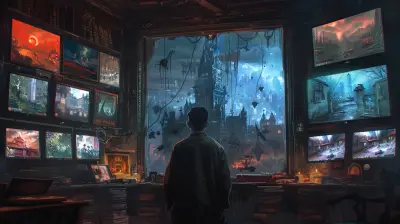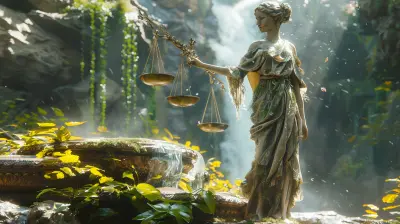Does DLC Really Enhance Replayability or Is It Just Extra Fluff?
11 November 2025
Downloadable Content, or DLC, has been one of the gaming industry's more polarizing trends in recent years. For some, it’s a nifty way to keep enjoying a beloved title long after the credits roll. For others, it feels like a cheap cash grab—chargable fluff with no real substance. So, here’s the million-dollar question: does DLC actually breathe new life into a game, or is it just a cleverly marketed distraction? Let’s break it down.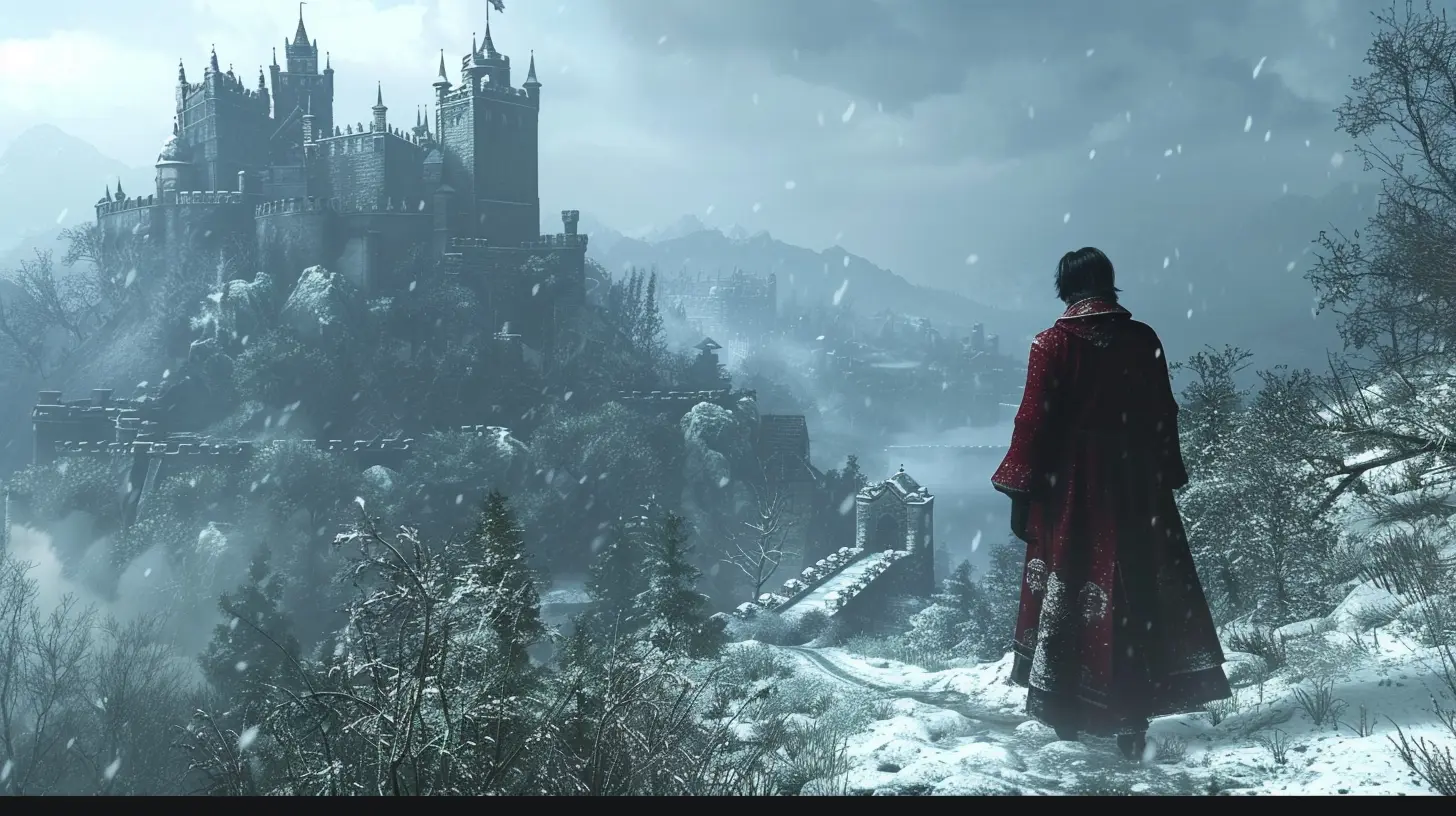
What Exactly Is DLC?
First things first: let’s tackle what DLC actually is. In the simplest terms, DLC refers to additional content for a base game that developers release after the game’s initial launch. This can include anything from new maps, characters, missions, and storylines to purely cosmetic items like character skins and weapon designs.While some DLC is included in season passes (get all the goodies for one fixed price), others are sold piecemeal, leaving players to pick and choose what suits their fancy—or their budget. But here’s where it gets tricky: not all DLC is created equal.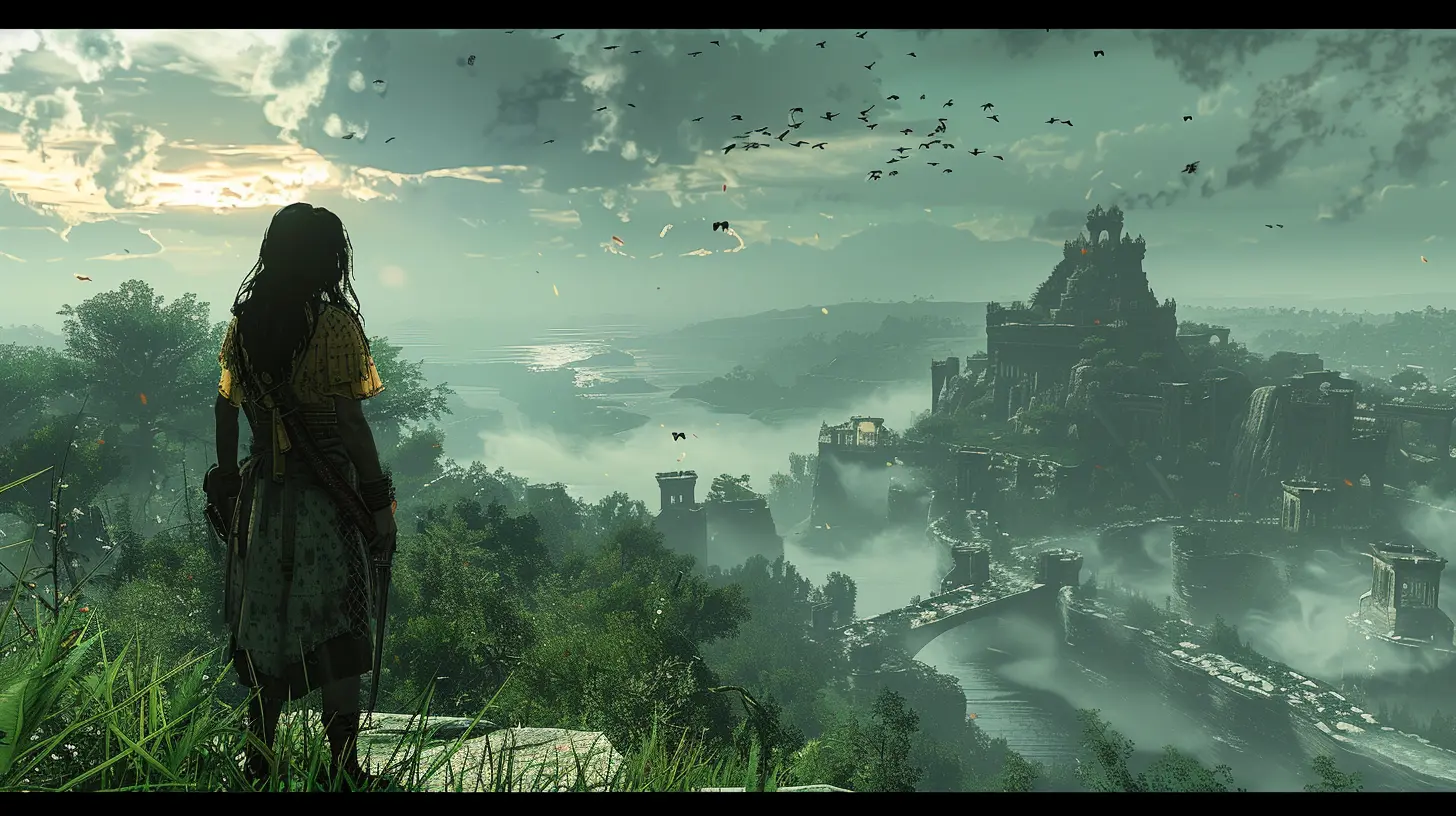
The Case for DLC Enhancing Replayability
Now, let’s talk about the good stuff! When done right, DLC can genuinely ramp up a game’s replayability factor. Think about it: your favorite game already had you glued to your screen for hours, so why wouldn’t you want more of it? Here’s how DLC shines in this department:1. Extending the Storyline
Some DLCs act as a direct extension to the base game’s narrative. Take The Witcher 3: Wild Hunt as an example. Its two massive DLCs—Hearts of Stone and Blood and Wine—weren’t just side quests that felt tacked on. They were rich, intricately written stories that could practically stand alone as full games. These expanded the universe, gave fans more time with their favorite characters, and tied up loose ends in satisfying ways.When DLC builds upon the foundation of a great game, it often feels like the sequel you didn’t know you needed.
2. New Gameplay Mechanics
Sometimes, DLC can revamp a game’s entire gameplay loop. Think about The Sims 4, where packs like Seasons or Eco Lifestyle added layers of complexity to what was already a pretty robust life simulator. These expansions didn’t just add fluff—they redefined how players interacted with the game.In cases like these, the DLC creates exciting new opportunities for players to experiment and approach gameplay in fresh ways. That’s not just replayability; that’s evolution.
3. Multiplayer Content
For competitive or co-op games, DLC often introduces new maps, weapons, or characters that shake up the meta. Think about games like Call of Duty or Apex Legends, where a single new map or legend can completely change how matches play out. It’s like adding a new piece to your favorite board game—it keeps things interesting, ensuring that boredom doesn’t creep in.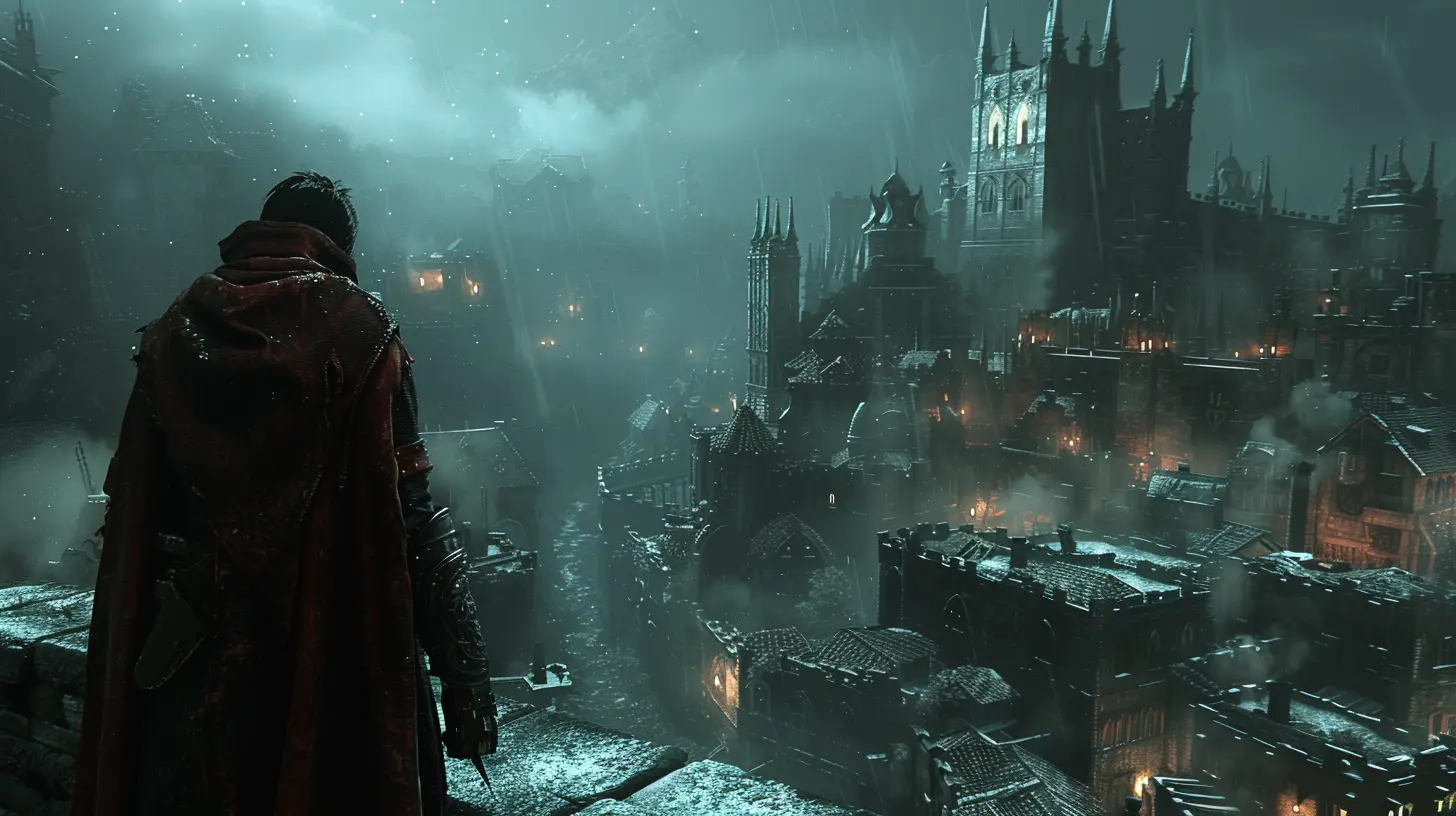
The Fluff Factor: When DLC Falls Flat
Not all DLC is worthy of applause, though. Let’s be honest—how many times have you seen DLC come out and thought, “Wait, they’re charging for THAT?” Yeah, me too. Here are the main culprits when DLC feels less like an enhancement and more like a waste of time.1. Cosmetic Overload
Okay, I get it—cosmetics can be fun. But when a game’s DLC lineup is mostly alternate costumes, weapon skins, and emotes, it can start to feel a bit… hollow. Sure, it’s cool to have a shiny new axe or a sparkly outfit, but does it really add any depth to the game? Most of the time, the answer is no.Take Fortnite, for example. The game thrives on new character skins, and while they’re popular, they don’t exactly flesh out the gameplay. If anything, cosmetic-only DLC can make players feel like they’re paying for bragging rights rather than meaningful content.
2. Content That Should’ve Been in the Base Game
Nothing grinds gamers’ gears more than DLC that feels like it was carved out of the base game to make a quick buck. Raise your hand if you’ve downloaded DLC that unlocked a single new area and thought, “Wait, why wasn’t this just included in the original game?”This is particularly frustrating when the base game itself feels incomplete without the addition. It’s like ordering a burger and then being told you have to pay extra for the bun. Looking at you, Mass Effect 3 and your "From Ashes" DLC.
3. Pay-to-Win Content
Ah, the dreaded pay-to-win model. Some DLC introduces weapons, gear, or abilities that give players a distinct advantage over others—especially in multiplayer modes. It’s alienating, to say the least. Nobody wants to feel like their skill is suddenly irrelevant because some other player dropped a few bucks for an overpowered sword.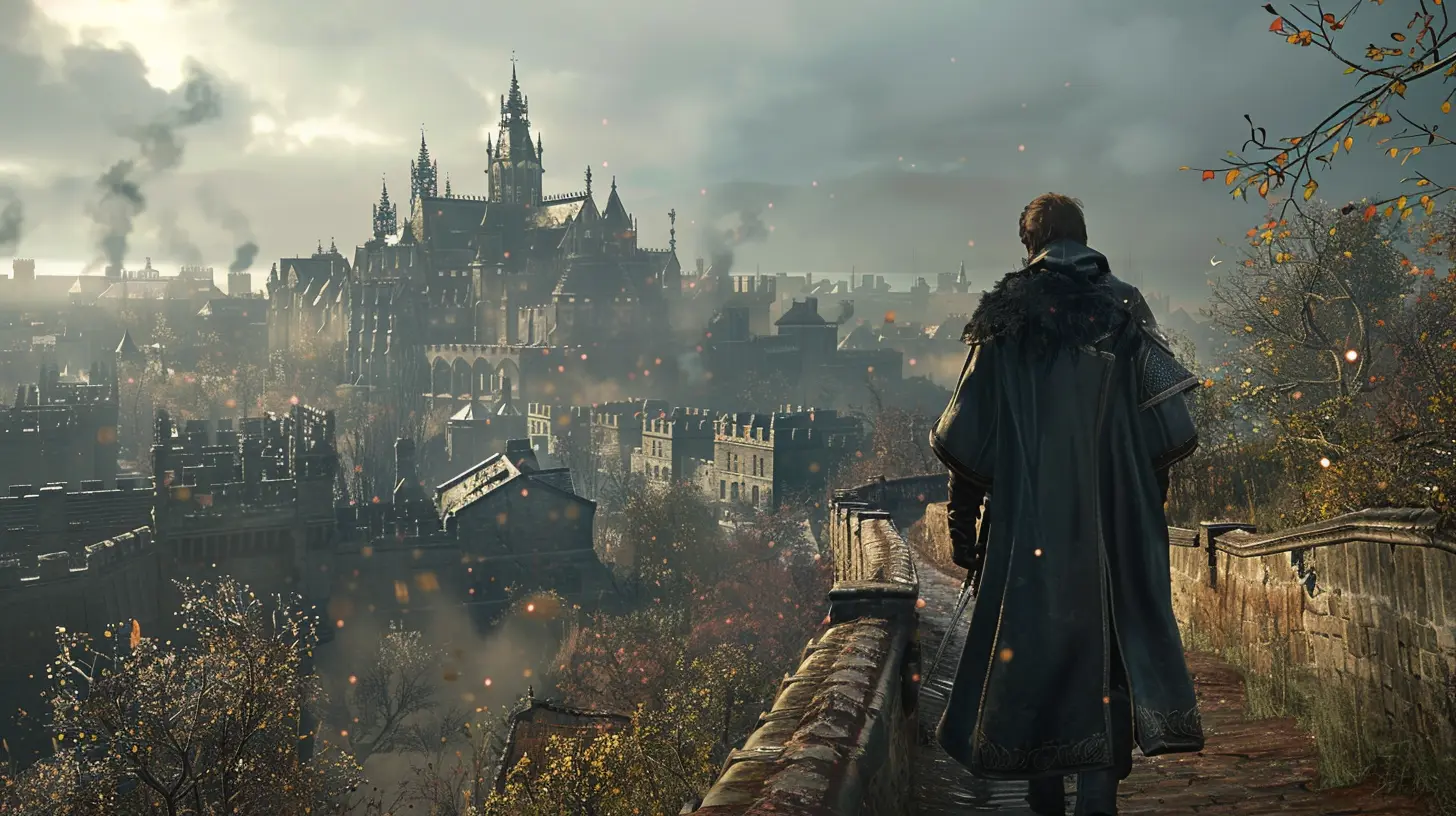
DLC: Value vs. Perception
At the heart of the debate over DLC is the question of value. Does it feel worth the price tag? For many gamers, the answer hinges on how much content they get versus how much they pay.Games like Skyrim have nailed this balance. Their Dawnguard and Dragonborn expansions gave players hours of additional storylines, locations, and challenges for a reasonable price. On the flip side, some games charge $10 for a single skin—an offering that feels far less appealing in terms of bang-for-buck.
But value isn’t just about content volume; it’s also about quality. A short but impactful DLC can leave an impression that a longer, more bloated add-on might not. It’s a bit like movie popcorn—sometimes you’d rather have a small, buttery tub than a huge, stale one.
So, Does DLC Enhance Replayability or Not?
Here’s the hard truth: it depends. DLC is a double-edged sword. When developers approach it with care, it can be an incredible way to keep players engaged and excited. A well-crafted DLC can revive interest in a game, deepen the story, and give gamers a reason to come back for seconds (or thirds).But when DLC is lazily thrown together or blatantly designed to nickel-and-dime fans, it can feel like an insult. Nobody wants to shell out extra money for something that barely scratches the surface of what the base game already offers.
At the end of the day, whether DLC enhances replayability or not largely comes down to personal preference. Are you someone who loves diving deeper into a game’s lore, exploring new worlds, or tinkering with fresh mechanics? Then DLC might just be your jam. But if you’re the kind of gamer who’s satisfied with the original experience and sees DLC as an unnecessary indulgence, you’re probably better off saving your cash.
How to Tell If a DLC Is Worth It
To wrap things up, here’s a quick checklist to help you decide whether to invest in a DLC:- Does it add significant story or gameplay content?
- Are the reviews generally positive?
- Does it feel like it’s priced fairly for what you’re getting?
- Does it introduce something unique that the base game lacks?
If the answer to most of these questions is "yes," chances are you’re looking at a solid piece of DLC that’ll enhance replayability. If not, it might be better to sit this one out.
all images in this post were generated using AI tools
Category:
Downloadable ContentAuthor:

Emery Larsen
Discussion
rate this article
1 comments
Michelle Stone
DLC should enrich, not just prolong gameplay.
November 15, 2025 at 5:22 AM

Emery Larsen
I agree! DLC should enhance the core experience, offering meaningful content that adds depth and value, rather than just extending playtime.
